Hospitalizations from "vaping"? There's much more to the story

More than two dozen cases of severe lung disease have been diagnosed in Wisconsin, Illinois, and Minnesota. Media reports have taken to painting vapor products as the culprit behind the sudden hospitalizations. But this isn’t the first time the media has employed sensationalist tactics in its long-standing affront on the vapor industry, and just as in every instance before, there is much more to the story than originally reported.
The latest round of anti-vaping fervor started with a press release from the Wisconsin Department of Health Services on July 25th, warning of a lung disease cluster in the state.
“All patients reported vaping in the weeks and months prior to hospital admission,” the memo states, written by epidemiologist Dr. Jonathan Meiman. “The names and types of products used remain unknown, and patient interviews are ongoing. Clinicians are encouraged to remain alert for potential cases among persons presenting with progressive respiratory symptoms who report a history of inhalation drug use, particularly vaping.”
Let’s examine that language. How often have you heard "inhalation drug use" used to describe vaping? Such carefully chosen wording seems to indicate that the initial press release hasn't effectively implicated vaping as a whole. Let's put a pin in that; we’ll circle back to it soon.
Fast forward to August 13th, when the Minnesota Department of Health issued an alert linking 4 teens to similar lung disease symptoms. The MDH, which historically has been combative toward the harm reduction model, capitalized on the cases to further demonize vaping categorically. The reaction isn't all that surprising, considering how often MDH seems to deliberately ignore the science. And as their press release and the subsequent media coverage of these cases leaves out, black market THC carts were reported by most of the teens affected.
The Common Denominator, Ignored
Early reporting of the MN cases, and plenty of the reports for the others, do mention eventually that the teens had been using normal vapes and THC cartridges. THC cartridges, also referred to as "carts", are easy-to-use disposable tanks that fit on most standard vape setups. In legal states, the cartridges are available from licensed and regulated dispensaries. They're subject to strict quality control and lab testing. They're also incredibly popular.
The same day the cases in Wisconsin were upgraded to alert status, news broke of a man in Burlington, WI who was hospitalized specifically after using one of these black market carts. The man's brother told local reporters that the THC cart was purchased off the street. Wisconsin has not legalized marijuana in any form.
Unfortunately the reporting on this case, where they knew exactly what caused the man's condition, was still rife with conflations that vaping of any kind is the culprit. This article, from a different news outlet, handles the story with much more accurate information.
THC cartridges, an emerging black market.
The rise in popularity of legal and lab-tested carts has also given way to a rise in knockoffs. A quick google search reveals the notorious name of "Dank Vapes", a seemingly real company that may never have actually existed. The closest anyone has come to confirming a legitimate company is a twitter interview with an account that has since been deleted. There are no listings for any company by that name in California, where the Twitter account claims to have operated out of. The US patent office has a patent on file from a company named Dank Vapes, but that's where the trail goes cold.
Indeed there's a large, easily accessible market for empty cartridges. You can buy five hundred legitimate looking boxes on Amazon for under $200. As we mentioned before, legal states have strict regulation and testing requirements. There is no way to regulate what someone fills an empty cart with; be it a poorly made batch of THC distillate, or something much worse.
Myron Ronay, the CEO of BelCosta Labs, a cannabis testing lab in California, told Inverse's Emma Betuel in an interview that they "often see black-market products that contain unsafe levels of myclobutanil — a fungicide." Myclobutanil, when heated, releases toxic fumes, including hydrogen cyanide. "Small amounts of HCN are released when smoking cigarettes, but larger doses are lethal." Black market cartridges go untested for chemicals like these and employ little to no oversight with regard to the extraction and purification processes used in their production.
Development
As this article was being researched and written, California declared 7 cases of Acute Respiratory Distress. The difference in reporting is stark. The Kings County Public Health press release specifically names unregulated THC carts as the cause. The Vapor Technology Association, who filed suit against the FDA last week, issued another release demanding that state health officials in the Midwest cease broad description of the cause as "vaping" until more information was found and made public.
Remember that pin we asked you to hold on to until later? Let's pull that out. Please take note of how different the coverage is from a state in which recreational THC has been legalized. (Illinois has legalized, but it doesn't take effect until 2020.) The vague wording and broad definitions seem intentional at worst, irresponsible at best. And it's not far fetched to see how a sudden influx of honestly scary medical conditions can cause panic. Politicians blame video games for increased gun violence despite overwhelming evidence to the contrary.
Panic is to be expected during health scares. Most will snap to attention and grasp at the first unknown thing to blame. It's easy to place responsibility on something we don't understand or even fear. The harder task is waiting until there is more concrete evidence of what's happening before jumping to the conclusion that products that have been at market for years with virtually no reported case of inhalation related injury are suddenly to blame for a recent outbreak of acute lung disease.
This story is ongoing, and we will keep following it. Hopefully more clear links and explanations will arise in the days to come. Until then the best advice would be to avoid street drugs and only buy your vapes, whatever they may be made of, from reputable and trusted retailers.
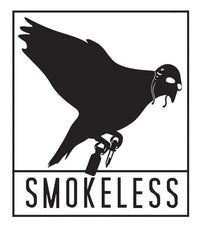
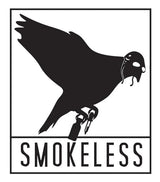
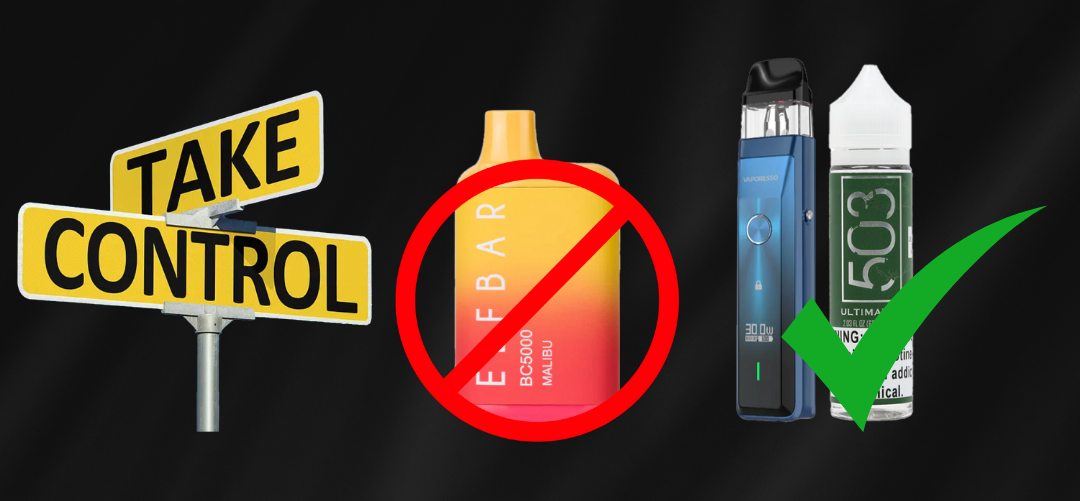
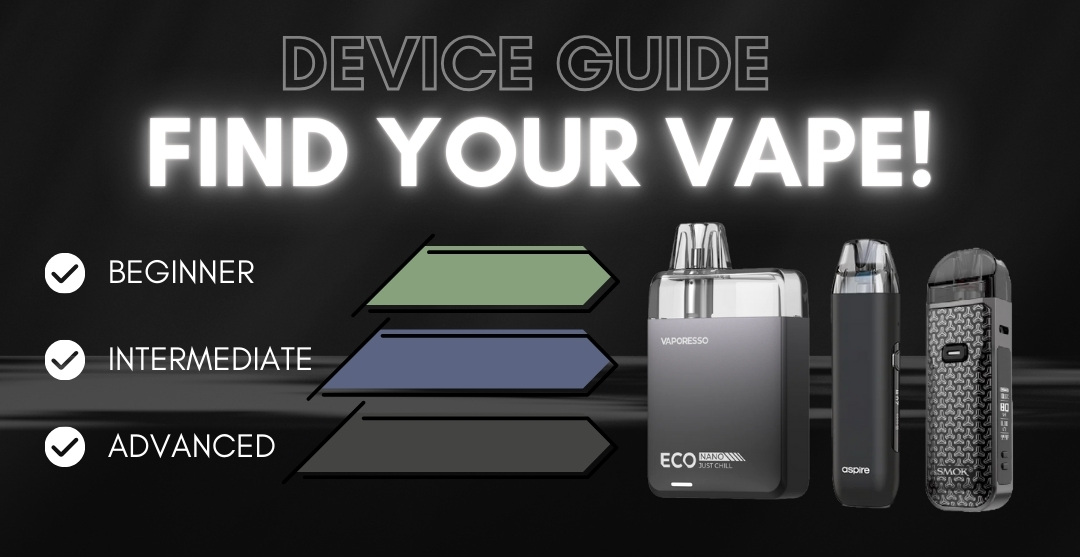
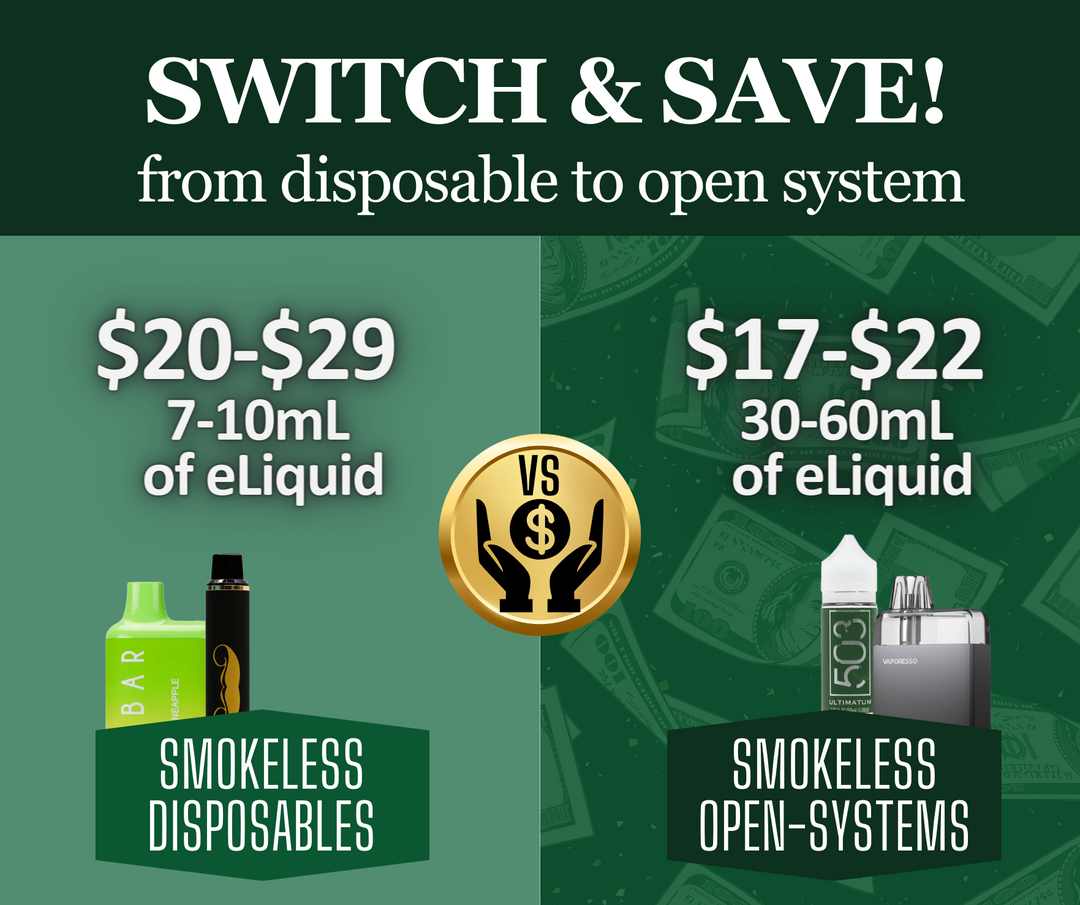
Leave a comment